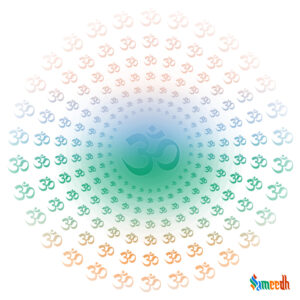The Purans are a genre of ancient Indian literature that consists of mythological narratives, cosmology, genealogies of gods, legends of heroes, and teachings on various subjects. The term “Puran” is derived from the Sanskrit words “Pura” and “Aina,” meaning “ancient” or “old stories.”

There are several Purans in Hindu tradition, each with its own set of stories and teachings. The Puranas play a crucial role in preserving and transmitting Hindu mythology and cosmology.
Here are some of the prominent Puranas:
- Vishnu Puran:
- Focuses on the god Vishnu and his various incarnations, especially the ten avatars (Dashavatara).
- Contains cosmological and mythological narratives, genealogies, and discussions on dharma (righteousness).
- Shiv Puran:
- Centers around the god Shiv and provides details about his manifestations, mythology, and worship.
- Contains stories of creation, destruction, and regeneration of the universe.
- Bhagavat Puran:
- Devoted to the deity Krushna and is known for its narrative of Krushna’s childhood and exploits.
- Emphasizes devotion (bhakti) as a means to attain spiritual liberation.
- Markandeya Puran:
- Named after the sage Markandey, it contains a mix of mythology, cosmology, and religious teachings.
- Includes the story of Markandey, who is blessed with immortality by Lord Shiv.
- Garud Puran:
- Focuses on the conversation between Lord Vishnu and Garuda (the divine eagle) and deals with cosmology, astrology, and the afterlife.
- Discusses rituals, funeral rites, and the nature of the soul.
- Padma Puran:
- Contains a wide range of topics, including cosmology, mythology, legends, and genealogies.
- It is divided into six books (sections) called Khandas.
- Skanda Puran:
- Dedicated to the god Kartikeya (Skanda), the son of Shiv.
- Contains a mixture of mythology, legends, and pilgrimage guides.
- Agni Puran:
- Devoted to the god Agni (fire) and contains information on rituals, sacrifices, cosmology, and geography.
These Puranas, among others, serve as repositories of ancient Indian wisdom, encompassing a wide range of subjects such as theology, cosmology, philosophy, morality, and history. They are important sources for understanding Hindu mythology, religious practices, and cultural traditions. It’s essential to note that while these texts provide valuable insights into Hindu thought, they are considered as Smriti (tradition) rather than Shruti (revealed scripture like the Vedas).